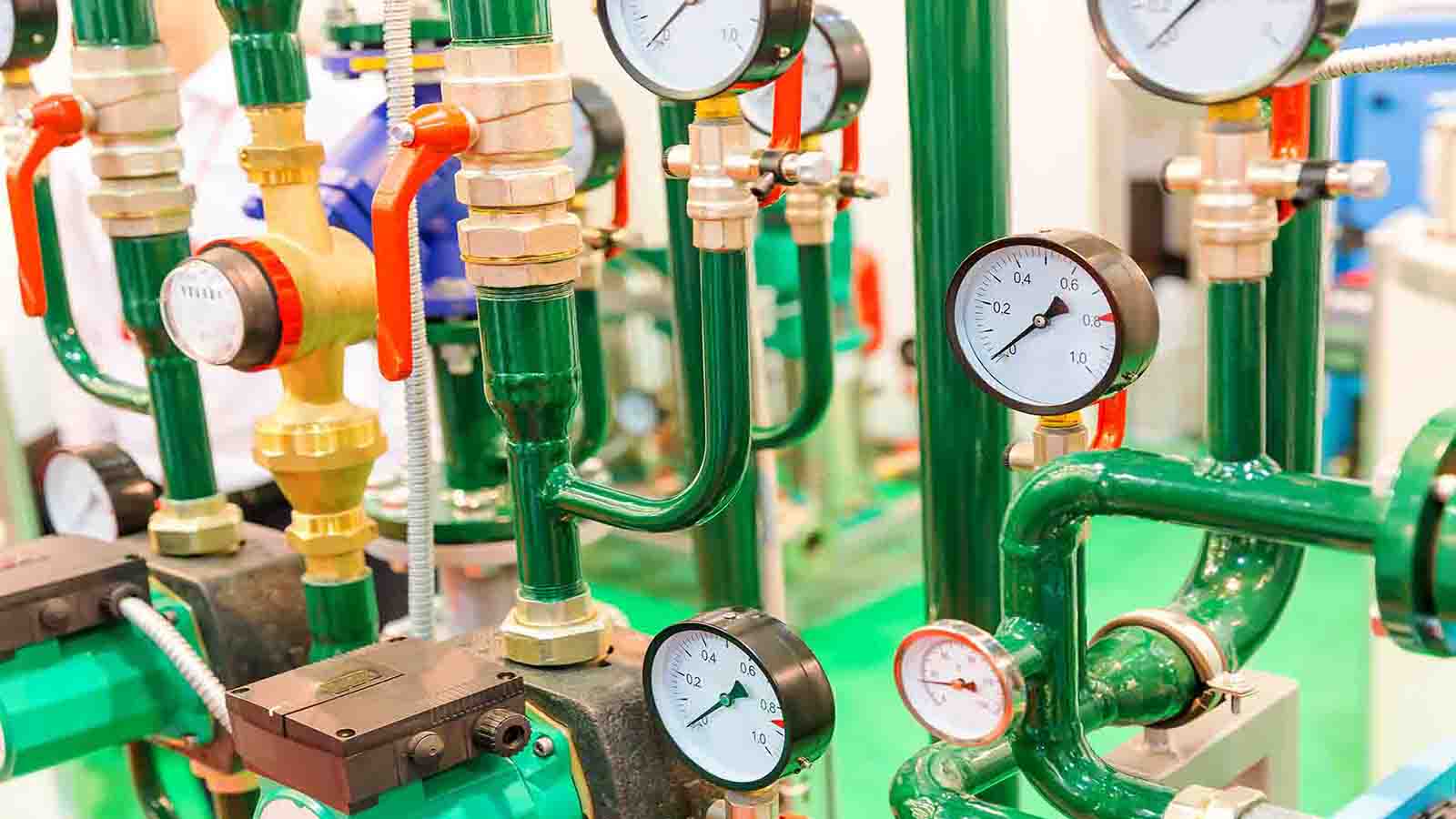
How to Become Instrumentation and Control Designing Engineer
Instrumentation and control technicians apply their knowledge of electrical engineering to monitor and manipulate various machine-run systems. These professionals may also be referred to as electrical technicians. They may work with automated equipment in manufacturing or assembly plants, waste-water treatment facilities and nuclear power plants to measure and monitor operational functioning. The four foundational measurements that instrumentation and control technicians deal with are pressure, flow, level, and temperature.
Responsibilities include setting up and testing equipment, analyzing data, sketching plans and writing reports. Electrical technicians might work in a noisy factory setting and have to lift heavy equipment, which can put them at risk for injuries.
Career Requirements
| Degree Level | Associate’s degree |
| Degree Name | Industrial Instrumentation, Electronics |
| Certification | Employers may require licensure as a journeyman electrician and/or prefer certification |
Step 1: To Earn an Associate’s Degree
Many employers in this field prefer to hire employees with at least an associate’s degree. Associate’s degree programs in industrial instrumentation and control or electronics often feature courses in physics, mathematics, engineering design and automation control. In addition to classroom work, students participate in introductory training and hands-on work through an internship or co-op experience. These provide students with real-world experience in the field and help them prepare for employment.
Gain electrical experience. Some employers prefer that applicants have electrical training and are qualified to become licensed journeyman electricians. In order to be eligible for this designation, individuals often need to have work experience under the guidance of a Master Electrician. Some states require that individuals pass an examination.
Step 2: Obtain Certification
The International Society of Automation (ISA) offers the Certified Control Systems Technician (CCST) designation. Earning this credential demonstrates a certain level of automation and control knowledge and skills. The National Institute for Certification in Engineering Technologies (NICET) offers several certifications related to electrical engineering technology, including industrial instrumentation, electrical power, and security systems.
Step 3: Pursue Career Opportunities
Employment opportunities are available in numerous industries, including architectural and engineering related services, semiconductor and electronic component manufacturing, navigational and control instrument manufacturing and the federal government. Many training programs offer apprenticeship programs; get involved as early with potential employers through apprenticeships.
Step 4: Continue Training and Education to Advance Your Career
With a little extra training and education instrumentation and control, technicians have many career advancement opportunities. Get a bachelor’s degree in engineering, electronics or systems management to open opportunities in positions like control systems engineer, senior systems engineer or master electrician.
